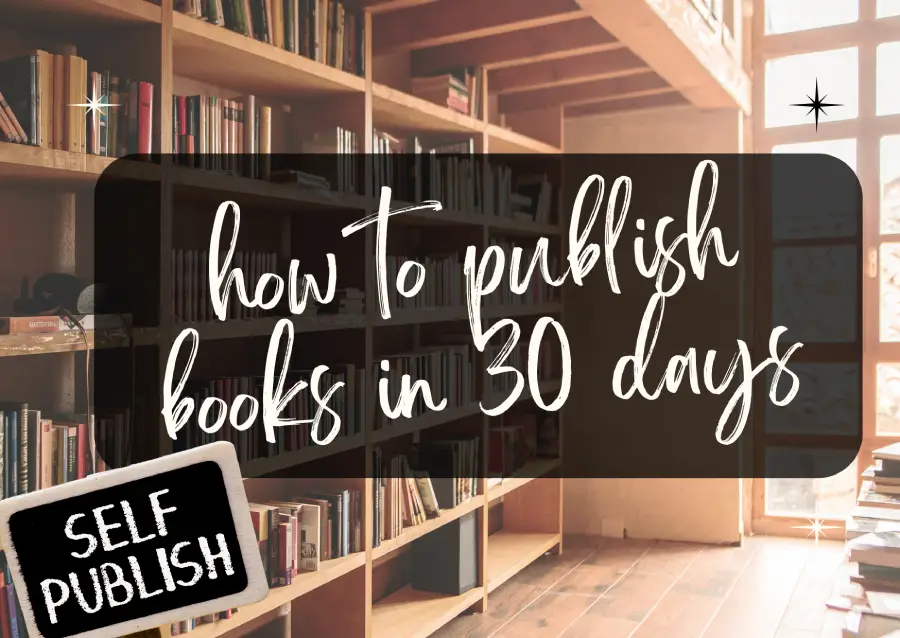The Power of Feedback and Book Reviews
Publishing a great book is about more than just putting words on a page. It’s a process that requires continual refinement, reader engagement, and a strong connection with the audience. One of the most effective ways to achieve these goals is through the power of feedback and book reviews, both before and after publication. They play a crucial role in shaping a successful book launch and building an engaged readership. Before a book reaches the market, feedback from beta readers, editors, or early reviewers is invaluable. During the writing and editing stages, it’s easy for authors to become too close to their work. Constructive feedback offers a fresh perspective, highlighting areas that might need more development, such as plot changes, character depth, or pacing issues. By listening to this feedback and making necessary revisions, you can improve the quality of your book, increasing its chances of success. At TS Publications, we take utmost care in developing your idea to manuscript and value your feedback at every stage if you prefer our book writing assistance services. If the manuscript is ready from your end, we provide the best editing and proofreading services to enhance your valued script. Think of feedback as an essential tool to shape the best version of your manuscript. Honest input from a test audience helps you refine your storytelling and align your book with reader expectations. This critical process makes sure the book connects with its audience, laying the groundwork for positive reviews post-publication. After your book is published, reviews become essential for expanding reach and building credibility. Nowadays, readers often rely on online reviews when deciding which books to buy. A book with a strong set of reviews not only grabs attention but also builds trust. Reviews act as social proof that your book is worth reading. Positive reviews highlight the strengths of your book, such as the engaging plot, relatable characters, and powerful themes. This encourages more readers to give it a try. Even constructive criticism can help you learn and improve your future works, making each book better than the last. When readers see that an author is continuously evolving and responding to feedback, they are more likely to engage with future releases. Reviews can play a pivotal role in marketing your book. On platforms like Amazon, Goodreads, or personal blogs, reviews influence search rankings, recommendations, and the visibility of your book in promotional algorithms. More reviews lead to greater exposure, which means your book is more likely to be suggested to potential readers. One of the most powerful benefits of reviews is the opportunity to connect with your readers. Reviews are a two-way dialogue that goes beyond simple star ratings. When readers share what they liked or disliked about your book, they are offering insight into what connects with them. Responding to reviews, whether through social media, blogs, or other platforms, allows you to build a community around your work. This kind of engagement develops loyalty. Readers who feel heard are more likely to become long-term fans, eagerly awaiting your next release. By actively listening to feedback and engaging with your audience, you not only improve your future work but also build meaningful relationships that enhance your career as an author. Another great benefit of reviews is the opportunity to gather positive testimonials for future use. Whether it’s for your next book cover, promotional materials, or your author website, using quotes from real reader reviews adds authenticity to your marketing efforts. These testimonials can be a compelling way to convince potential readers that your book is worth their time and money. When potential readers see genuine praise from others, they’re more likely to trust that your book will provide value, entertainment, or whatever they’re seeking in a good read. While feedback is incredibly valuable, getting it can sometimes be a challenge. Encouraging readers to leave reviews doesn’t have to be difficult, though. You can include a polite request at the end of your book, asking readers to share their thoughts. You can also engage with readers on social media, responding to their comments and encouraging them to review the book if they enjoyed it. Not all reviews need to be long or in-depth. Even a simple sentence about how a book made someone feel can be impactful. Offering a clear call-to-action, whether through emails, newsletters, or social media, can gently prompt readers to leave their feedback and help your book grow in visibility. Whether you’re still in the writing process or have just published, feedback and reviews are necessary. They help you refine your manuscript, engage with your readers, and reach a broader audience. Positive reviews offer social proof, build credibility, and help you market your book, while constructive feedback enables you to grow as a writer. The power of feedback is not just in what it tells you about your current work, but in how it shapes your future success as an author. Each review brings you closer to your readers and to your next great achievement as a writer.


